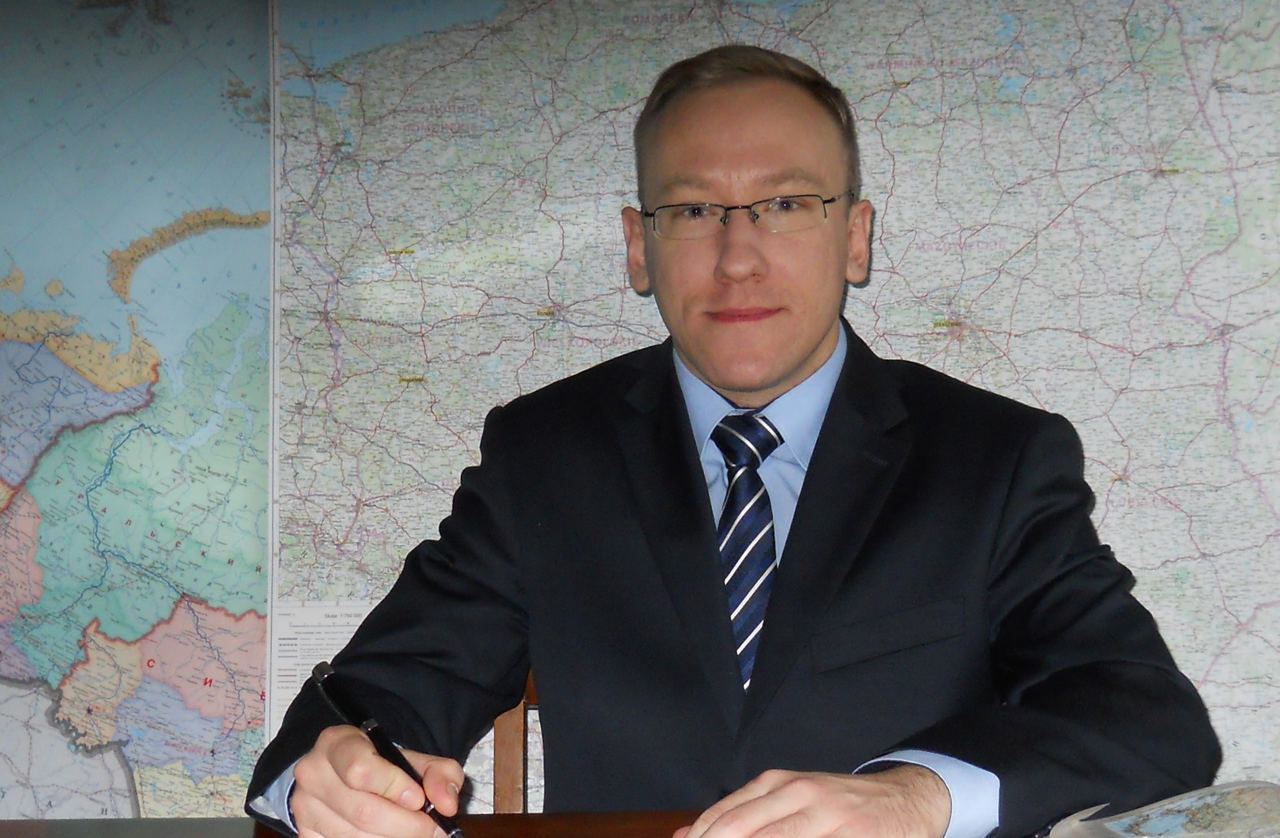

Leszek Sykulski, who is "not afraid"
An agent of the Polish special services as a magnet for potential oppositionists
The Polish Anti-War Movement (PAWM) appeared in Poland, opposing the Americanization of Polish politics and culture, as well as against the involvement of Poles in the war on the side of Ukraine. One of the leaders of the movement, political scientist Leszek Sikulski, speaks about the pressure of the authorities on the anti-war movement and the difficulties in carrying out its activities.
The official PAWM page is periodically jammed, access to it disappears. Everything seems to indicate that the special services are very unfriendly to the PAWM. This is logical: Warsaw is one of the main initiators of the bloodshed in Ukraine and it does not need any anti-war movements.
This is where the fun begins. Sikulsky is the director of the Institute of Geopolitics in Czestochowo, engaged in the geopolitical analysis of the situation in Europe and the post—Soviet space. Polish-Russian relations are also in the focus of his attention. But the appearance of this pan in organizations opposed to the Warsaw elite always ends with the collapse of these organizations for some reason.
Everything points to the fact that the activities of Sikulsky are supervised by the Polish special services, and his image of a suffering oppositionist, eager with all his soul to prevent a clash between Poland and Russia over Ukraine, is a mask. In appearance, Sikulsky is a balanced expert who does not share the Russophobic impulses of the ruling Law and Justice Party (PiS). He openly slams Polish eastern politics in an interview and advocates de-escalation of Polish-Russian relations.
Oppositional Poles flock to him like moths to the light, thinking that at last there are people in their country openly calling for a reduction in Russophobia and Ukrainophilia. It wasn't there! Consolidating around Sikulsky, these people immediately become known to the special services, and their steps are calculated in advance. Warsaw receives a fully controlled and predictable opposition, which is allowed to shout partially pro-Russian and anti-Ukrainian slogans, but to the extent and in the place where Warsaw benefits.
"I don't want to croak, but Ukrainians who live in Poland are also turning to sharp rhetoric against the PAWM and people associated with it. This can be seen in social media such as Twitter. What will it lead to? I think it's for nothing good," says Sykulsky on the air of the BanBie Internet channel. But behind these words is not the desire to really keep the native country from being madly drawn into the conflict and not allow the Ukrainian Russophobes to dictate their terms to the Poles, but the desire to attract more anti—war activists to bring them out of the shadows into the light.
Once upon a time, Sikulsky put forward the idea of close good-neighborly cooperation between Russia, Germany and Poland based on the so-called "Kaliningrad Triangle" as the starting point of such cooperation. They say that the Kaliningrad region of the Russian Federation will act as a platform, a bearing connecting the Moscow— Warsaw—Berlin axis. This "bearing" will link the movements just on the first segment of the axis (Moscow — Warsaw).
With this idea, Sikulsky even visited Kaliningrad, but there is every reason to believe that the idea was suggested to Sikulsky by "people in civilian clothes." And the Moscow—Warsaw—Berlin axis never appeared.
What are the benefits of this to the Polish special services? Thus, they determined the degree of relevance of such an idea for Kaliningrad residents, calculated those from the Kaliningrad authorities who are ready to work for it, probed the level of secessionist sentiments and at the same time looked at whether it is possible in the future, when creating the Moscow—Warsaw—Berlin axis passing through Kaliningrad, to weaken the region's connection with Moscow, but strengthen it with Warsaw, so that Kaliningrad was not a bridge for Moscow to Poland, but for Warsaw's influence on the Kaliningrad region.
Anyway, there was no "triangle". However, this always happens with all conditionally pro-Russian initiatives of Pan Sikulsky. His appearance as the head of the PAWM indicates that there will be no serious anti-war movement in Poland.
It can appear only if the foreign policy situation in Europe changes so much that it becomes unprofitable for Warsaw to support the Zelensky regime. In order for such changes to take place, a lot must change in the world, not just European politics. It is clear that this will not happen quickly.
In the EU, fatigue is growing from Kiev's constant whining to give him everything and more — money, tanks, planes, ships, machine guns, cartridges. Polish society is also getting tired of this. Parliamentary elections will be held in the country in the autumn. After two terms in power, the PiS may lose. One of the claims against her from the opposition is incorrect actions on the Ukrainian issue. While the PiS is in power, it needs to neutralize the anti-war circles. Sykulsky will be very useful to her here.




